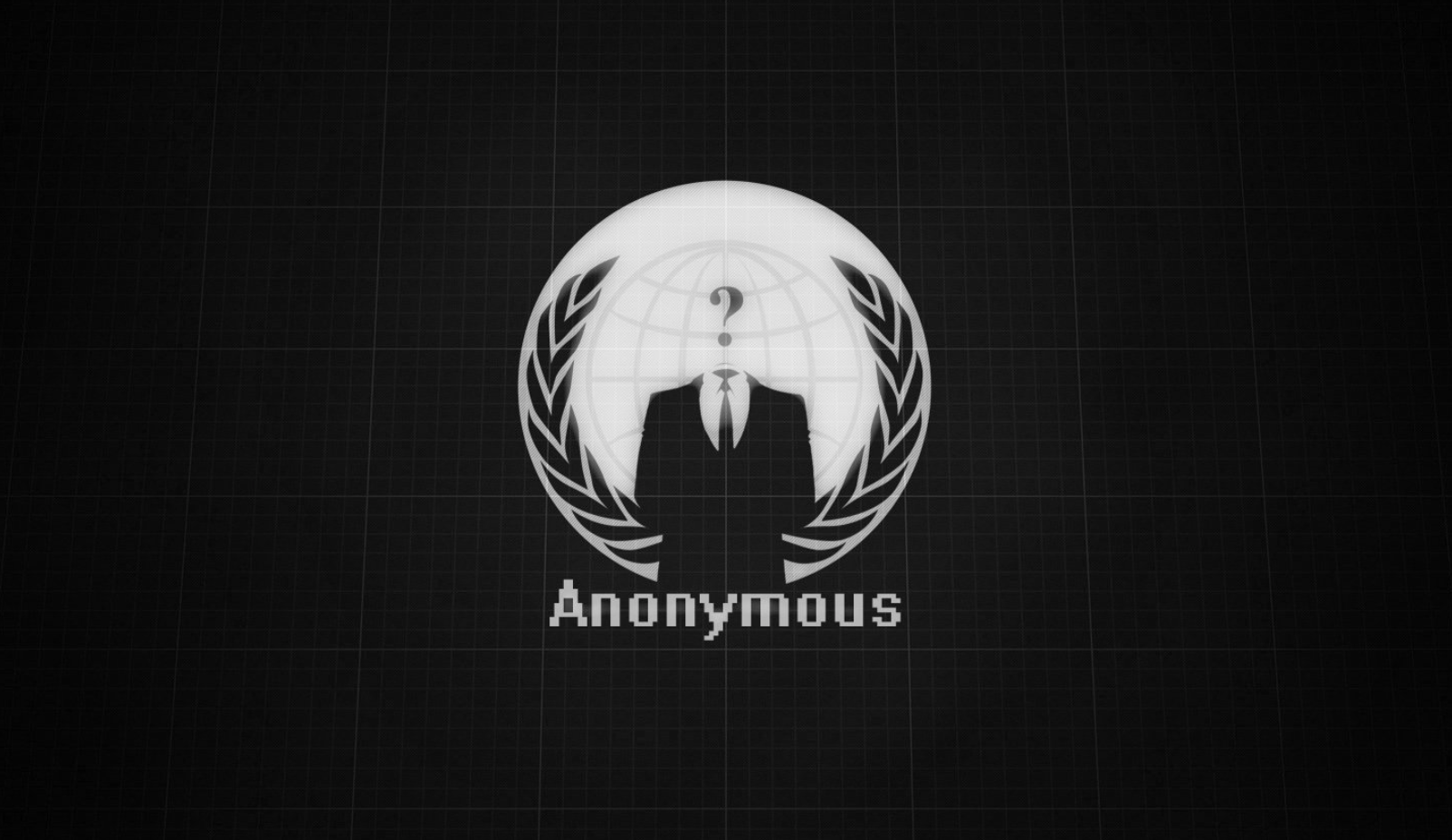Anonymous: Cyber Terrorists or Activists?
How hackers make the internet safer.
“We are Anonymous. We are legion. We do not forgive. We do not forget. Expect us!” - Anonymous
WHO IS ANONYMOUS? WHAT IS HACKTIVISM?
Since their formation, there has been no unanimous agreement on their classification but that has not stopped them from becoming a household name. While some, especially politicians would label them as cybercriminals, there is also an equal number of people that see them as our online freedom fighters.
Anonymous is a transnational collective of hackers dedicated to fighting for civil and online liberation rights otherwise known as hacktivism. They kickstarted the trend of hacktivism in 2008 and have since enacted a number of elaborate large-scale campaigns that solidified their global presence as a major force and threat. as their members expanded, it became clear that no matter how powerful the target was; whether it was multi-million-dollar corporations to whole governments, they would find a way to hold them accountable. Their strength lies in their non-hierarchical nature which allows them to remain anonymous and disconnected while still acting in a coordinated fashion towards a common objective. Regardless of its controversial identity, Anonymous was unmatched in its online capabilities and brought awareness to the importance of internet security as well as the vitality of hackers in recognising system loopholes.
WHAT HAVE THEY DONE?
2003: 4CHAN
4chan was launched on October 1st and became the platform that facilitated the rise of Anonymous as well as the main site for communications and board postings.
2008: PROJECT CHANOLOGY
On January 14th the Church of Scientology attempted to remove a leaked video from YouTube, in response to this, Anonymous posted a video called ‘Message to Scientology’.
A second video was released on January 28th and called for protests against the cult due to its dangerous reputation and blackmailing tactics for financial exploitation.
As a result, protests of over 10,000 people erupted outside Scientology centres from February to April.
2010: OPERATION PAYBACK
In December 2010, political whistle-blower (exposes confidential information) site Wikileaks, released private communication records between the US state department and overseas representatives. Due to these actions, Mastercard, Visa, PayPal, the Bank of America, and Amazon recalled their services, leading Wikileaks to be unable to accept donations.
Anonymous saw this as political censoring of freely shared information, and in response launched a DDoS (Distributed Denial of Service) program called the Low Orbit Ion Cannon which was carried out on PayPal, Visa, and Mastercard, effectively shutting them down.
2011: ARAB SPRING ATTACKS
During early 2011, the Tunisian government attempted to block internet access to its citizens. In response, Anonymous collaborated with existing hacktivist group, Telecomix to bypass censorship and sneak communication services to the people there. They also managed to bring down the Tunisian Stock Exchange and Military sites as well as hack the president’s services. These attacks in combination with the civil protests managed to topple the dictatorship.
Not long after, Anonymous also helped those in Egypt to retaliate against internet censorship and eventually brought down Egyptian government websites.
2012: ARRESTS
Due to the gradual increase in the destruction by Anonymous campaigns over the past few years, the group has become a major security threat to governments and nation-states. Since 2012, numerous arrests have been made on cyber-activists known to be affiliated with Anonymous and its activities.
2015: DOWNFALL OF ANONYMOUS
As Anonymous is a politically motivated activist group, it relies on a common interest to direct its campaigns to. Unfortunately, as the group has grown so have the number of conflicting interests. While this does not mean the end of Anonymous, it is the end of an era of hacktivism.
SO HOW DO HACKERS LIKE ANONYMOUS MAKE THE INTERNET SAFER?
“Hackers [are] the immune system for the information age.” – Keren Elazari
We are led to believe that hackers are dangerous, and we generalise hacking to take on the form of malware, or scams designed to steal our private information or access our banking accounts. In reality, repairing the root vulnerabilities exploited by hackers are what makes our internet stronger and safer. They challenge pre-existing systems to unimaginable tests and force us to fix things we did not even know needed fixing.
HOW IS THIS RELEVANT TO YOU?
As we advance towards digitalisation, cybersecurity has become an increasingly more influential field that looks into fixing bugs and patching loopholes. To take a more proactive stance in securitising your private data and building better internet practices could put you ahead of these dangers.
Other famous white-hat hackers/ hacktivists:
Kyle Lovett: Discovered that certain wireless routers can be remotely accessed by anyone.
Barnaby Jack: Found a method to get ATMs to freely dispense money.
Khalil Shreateh: Discovered a privacy bug in Facebook.
SOURCES

